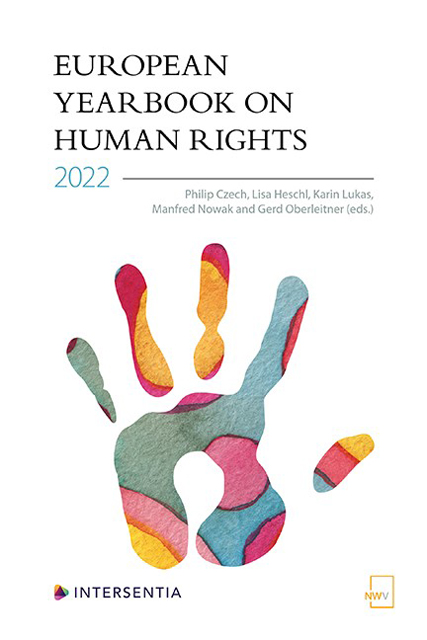Mitigating Human Rights Challenges by Fostering Urban Resilience: A Case Example of Graz, Austria
Published online by Cambridge University Press: 20 April 2023
Summary
ABSTRACT
The Human Rights City of Graz has been confronted with the constant deterioration of its housing sector over the years. Several negative trends and developments, for example increasing rents, residential segregation, and discriminatory practices in the private housing sector, and in community housing, have put pressure on the quality of life of citizens, thereby increasing inequalities between different population groups. Consequently, the right to adequate housing is not being fulfilled in an equal manner for all citizens, which poses a substantial human rights challenge for the city government. The outbreak of the COVID-19 pandemic made visible the great importance of an adequate housing space. At the same time, it revealed the significant lack of ability of the local government to respect and respond to the varying and often complex needs of citizens in this regard. This considerably weakens the city’s resilience. The local government in Graz committed itself to mitigating local human rights shortcomings, and is supported in this endeavour by the Human Rights Council of the city, which conducts a regular monitoring of the human rights situation by means of the annual Human Rights Report (HRR). This contribution elaborates the newly developed methodology of the 2021 HRR, which puts the city’s overall resilience at its core. The discussion focuses on how urban resilience and the human rightsbased approach provide a holistic framework to combat the deterioration of the housing sector in Graz. It concludes with key findings and recommendations for local-level decision-makers, and makes the case for urban resilience as a concept relevant to solving human rights challenges holistically at the local level.
INTRODUCTION
The local government of the Human Rights City of Graz, Austria, committed itself to considering human rights challenges at the local level, and it strives for their effective mitigation. It is supported in this endeavour by the Human Rights Council (HRC), a vital human rights institution in the city. The Council conducts human rights monitoring of the city by means of its annual Human Rights Report (HRR).
- Type
- Chapter
- Information
- European Yearbook on Human Rights 2022 , pp. 677 - 702Publisher: IntersentiaPrint publication year: 2022



